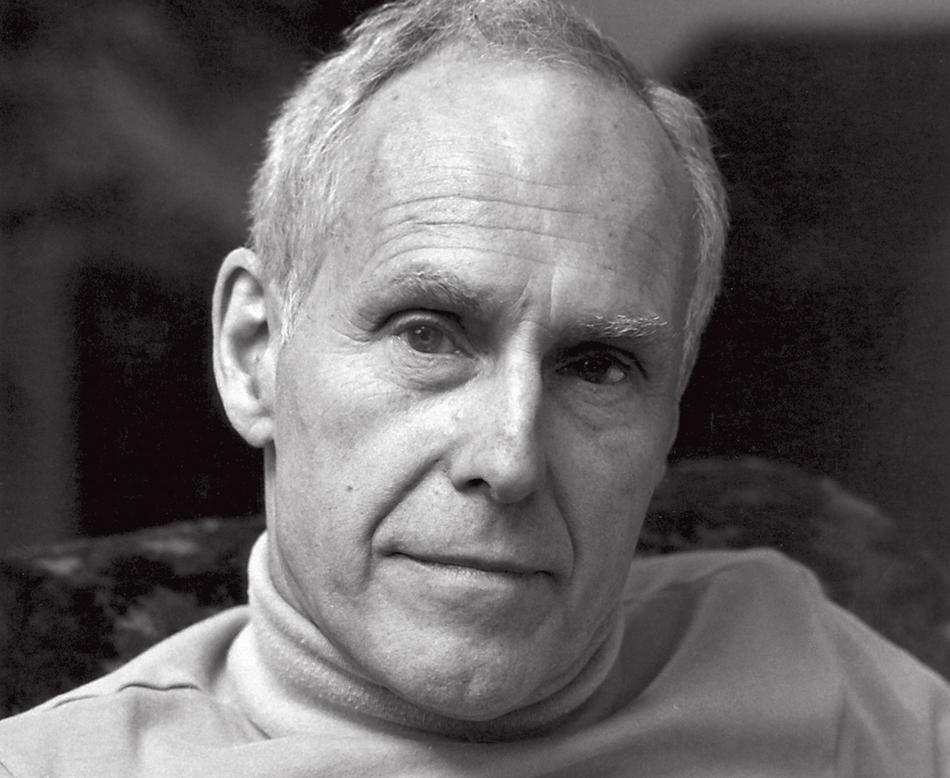Columbia’s libraries have acquired the papers of Barney Rosset, a groundbreaking independent publisher who brought major works by Henry Miller and William S. Burroughs to American readers for the first time, and in the process reshaped the boundaries of U.S. obscenity laws.
As the owner of Grove Press in New York, Rosset successfully sued the U.S. Post Office after it tried to suppress his unexpurgated edition of D. H. Lawrence’s Lady Chatterley’s Lover in 1959. But this was merely a prelude to one of the most significant censorship battles in U.S. history: Two years later, when Grove published Miller’s Tropic of Cancer, dozens of booksellers across the country were charged with obscenity for distributing it, as were Rosset and Miller in Brooklyn for publishing it. In 1964, the U.S. Supreme Court sided with them, ruling that Tropic of Cancer was not obscene.
“I feel personally that a word has never been written or uttered which should not be published,” Rosset says in Obscene, a 2008 documentary about his career.
The Rosset papers include his correspondence with many authors and fellow publishers, as well as photographs that Rosset took in China during World War II and in Nicaragua during the presidential election of 1990.
The collection also documents Rosset’s legal battles, which continued when he published William S. Burroughs’s Naked Lunch in 1962 and distributed the Swedish film I Am Curious (Yellow) in the late 1960s. Rosset won each of these cases on First Amendment grounds.
Because of Rosset’s reputation as a subversive, the Federal Bureau of Investigation kept a file on him, which Rosset later acquired through a Freedom of Information Act request and which is included in his papers. Rosset’s forthcoming autobiography, The Subject Is Left-Handed, draws its title from an observation made about him in the file.
Rosset, who is in his late 80s, began talking with Columbia about selling his papers last year while speaking at a Columbia libraries event celebrating the 50th anniversary of Naked Lunch, whose manuscript the University owns as part of its extensive Burroughs collection. The purchase of Rosset’s papers was made final in July.
In addition to his work at Grove, Rosset founded the provocative literary magazine Evergreen Review, which published writings by Columbia authors Jack Kerouac and Allen Ginsberg ’48CC, as well as by Albert Camus, Kenzaburo Oe, and many others, alongside erotic artwork.
Rosset’s papers will complement Columbia’s existing holdings of many writers, book publishers, and literary agents. Columbia also owns the collection of First Amendment lawyer Ephraim London, who represented Grove in its fight to publish Tropic of Cancer.



